Our Mission to Protect the World’s Forests
We are working in 60+ countries to build sustainable, rural economies—a proven strategy to keep our forests standing.
Home / Issues / Forests & Biodiversity / Page 19
Forests are critical to every living thing on Earth. Not only do they give us clean air, shelter, and rain, they house 80 percent of the world’s terrestrial biodiversity. Alarmingly, humans have destroyed half of the world’s tropical forests and driven extinction rates up thousands of times higher than what is natural.
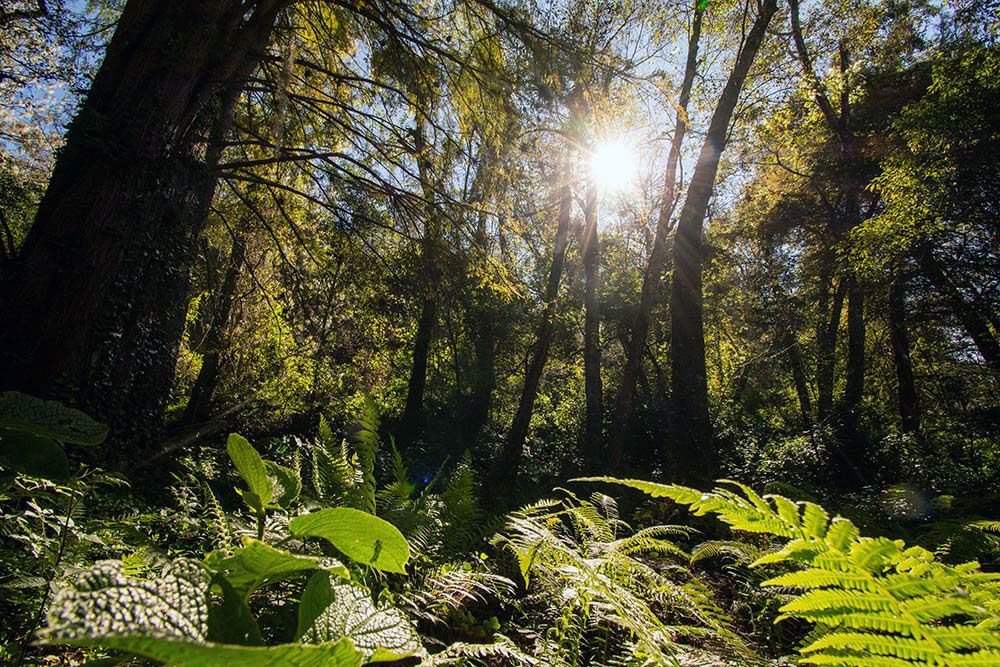
Forests are a powerful natural climate solution. As trees grow, they absorb and store carbon emissions, while releasing oxygen into the atmosphere. Conserving forests could cut an estimated 7 billion metric tons of carbon dioxide each year—the equivalent of getting rid of every car on the planet.
![]()
in the forest concessions of the Maya Biosphere Reserve, Guatemala*
In Guatemala’s Maya Biosphere Reserve, twelve community forestry concessions safeguard around 417,269 hectares of the largest and most important tropical forest north of the Amazon. These community-run concessions boast a near-zero deforestation rate—a remarkable feat given that adjacent areas suffer some of the highest deforestation rates in the Americas.
*Community forestry concessions in Guatemala’s Maya Biosphere Reserve have demonstrated a near-zero deforestation rate, since data collection began in 2000. Data accurate as of December 2019.
![]()
From 2020 through 2021, farmers we work with in the buffer zone of Indonesia’s Bukit Barisan Selatan National Park planted 45,000 trees in the area directly bordering the park. In addition, we identified 80 farms that sit in a wildlife corridor used by the critically endangered Sumatran elephant. We supported these farmers in planting species that suit the elephants’ diet.
*Data accurate as of December 2022
Together with forest and farming communities, Indigenous leaders, companies, governments, and global citizens, the Rainforest Alliance works in 58 countries to promote more sustainable land management practices while cultivating thriving rural economies—the most widely proven strategy to restore biodiversity and keep our tropical forests standing.
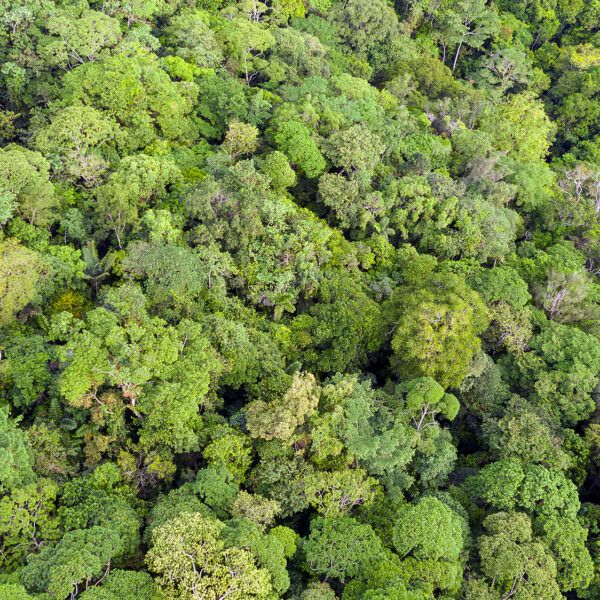
We are working in 60+ countries to build sustainable, rural economies—a proven strategy to keep our forests standing.
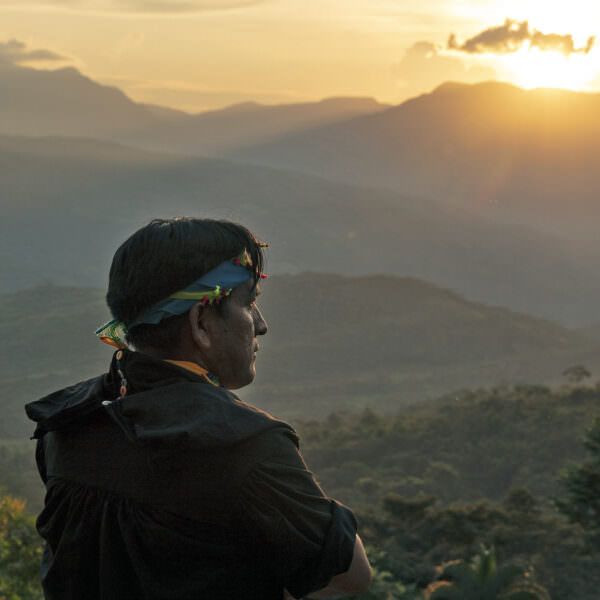
Indigenous peoples and local communities have an unsurpassed connection to the Earth's forests.
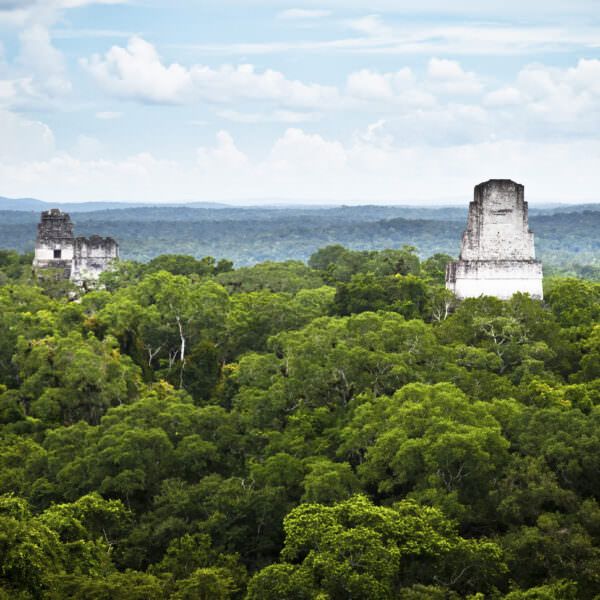
The forest concessions of the Maya Biosphere Reserve have boasted a near-zero deforestation rate for 20 years.
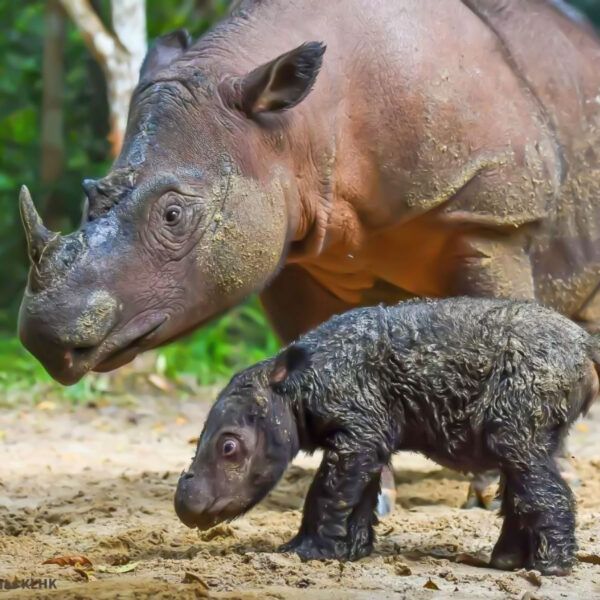
We're training coffee farmers in the Bukit Barisan Selatan National Park buffer zone to help them conserve biodiversity and improve their livelihoods.

The Rainforest Alliance has formed Forest Allies, a community of practice focused on protecting, restoring, and enabling responsible management of tropical forests. Together, we will build and foster unique partnerships, work beyond our individual supply chains, and engage and empower local communities in critical forest landscapes. Learn more about how joining the Forest Allies community […]
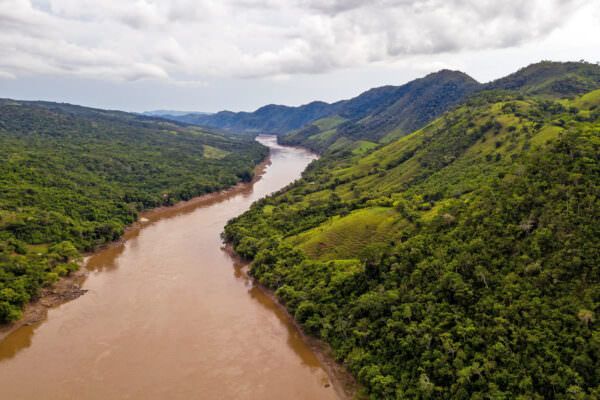
Learn about eight transformative changes needed to save the planet.... Continue Reading
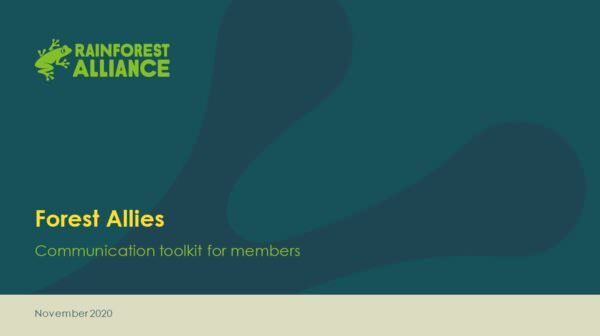
This toolkit with sample copy, photos, video b-roll, and other digital resources may be used by company partners to communicate about their Forest Allies membership. For more information visit our Forest Allies page or contact us at forests@ra.org.
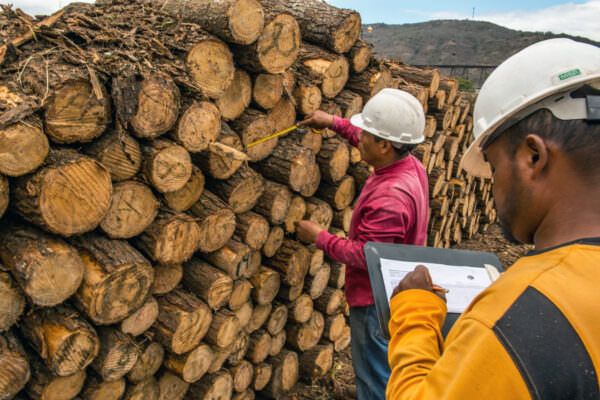
To protect the livelihoods of 1.6 billion people, we must act swiftly to protect and restore the forests they depend upon. Integrated Community Forest Management works to do just that, embodying the Rainforest Alliance’s vision of people and nature thriving in harmony.... Continue Reading

We invite your company to join our Forest Allies community of practice to have a greater impact on forests within—and beyond—your supply chain. Listed here are the benefits and commitments included in membership.... Continue Reading
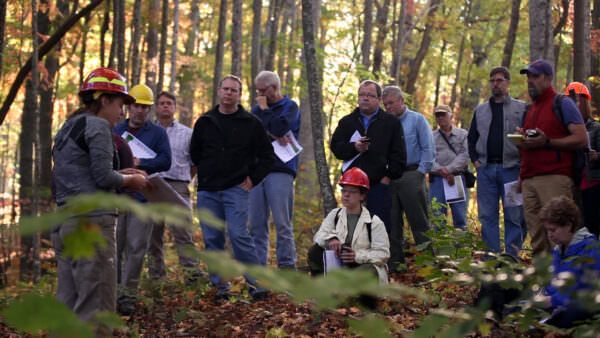
A community of practice forms when individuals come together for a common goal. Members represent stakeholders that would typically not have the opportunity to collaborate. The group exchanges knowledge, inspiration, and solutions for shared challenges.... Continue Reading